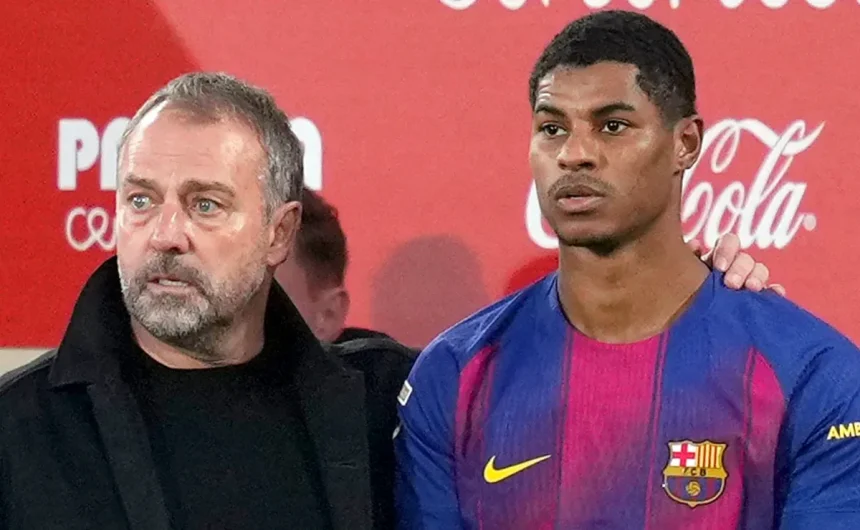It’s a plan that has set European soccer alight — and one that leaves Christian Pulisic and his Milan teammates preparing for an extraordinary journey. In February 2026, Milan will make Serie A history by playing a domestic league match on another continent. The Rossoneri’s fixture against Como will take place not in Italy, but at Optus Stadium in Perth, Australia, following UEFA’s approval of a once-unthinkable proposal.
The decision comes as San Siro, Milan’s home, becomes unavailable due to preparations for the Milano-Cortina 2026 Winter Olympics, which begin just days earlier. UEFA called the ruling an “exceptional circumstance” — not a precedent — but the move has opened a global debate on the future of domestic soccer. While some see the decision as a bold opportunity to globalize Italian soccer, others — including Milan’s own players — have called it an unnecessary risk.
No one has expressed that view more passionately than Adrien Rabiot, one of the Rossoneir’s most influential midfielders. Speaking to Le Figaro, the Frenchman said he was stunned by the idea. “I was surprised when I heard that Milan will play a Serie A match against Como in Australia! It’s completely mad,” Rabiot said.
“These are financial agreements to give visibility to the league, so it’s over our heads. There is so much talk about fixture lists and maintaining the health of the players, but it all seems absurd. It’s crazy to travel that far for a game between two Italian teams in Australia. We just have to adapt, as always.” The midfielder’s comments quickly spread across Europe, sparking a wave of support from player unions and fans concerned about player welfare, environmental costs, and the commercialization of domestic leagues. But Serie A’s leadership saw things differently.
Serie A chief fires back
Luigi De Siervo, the Lega Serie A CEO, responded sharply to Rabiot’s criticism, urging players to “show more respect” for their clubs and the business realities of modern soccer. “Rabiot forgets, like all footballers who earn millions of euros, that they are paid to perform a job — to play soccer,” De Siervo told reporters in Rome, as quoted by La Repubblica. “He should have more respect for the money he earns and be more accommodating towards his employer, Milan, who agreed and pushed for this match to be played abroad.”
The Serie A chief insisted the move to Australia represents a strategic evolution, not a betrayal of tradition. He pointed to examples from other sports to justify the decision. “Last year’s Tour de France started from Florence, the Giro d’Italia often begins abroad,” De Siervo explained. “The NFL and NBA have been playing outside the U.S. for years, with the concept of being global products. Football must follow this model if it wants to stay competitive.”
He acknowledged the logistical difficulty but called it “a sacrifice that can be made.” “It’s a complex operation,” De Siervo admitted, “but they’ll be travelling in comfort. These are top-level athletes. It’s an opportunity to expand Italian soccer’s global reach, not weaken it.”
Infantino steps in
As the controversy grew, FIFA president Gianni Infantino was drawn into the discussion during the ECA General Assembly in Rome. Asked about the Milan vs. Como fixture, Infantino offered a balanced perspective — supportive of innovation, but firm about the need for control.
“In football, we have an international and national structure,” he said. “It’s a structure that has made football the number one sport in the world, but it’s just one match. We want everyone to play wherever they want, but we want something with rules. Deregulation in this area doesn’t help anyone.”
Then, in a remark that has since defined the debate, Infantino summed up FIFA’s position with a five-word statement: “It needs to be regulated.”Those words struck a chord. For many, they captured the tension between soccer’s global ambitions and its traditional roots — between the market-driven urge to expand and the governing bodies’ responsibility to protect sporting integrity.













